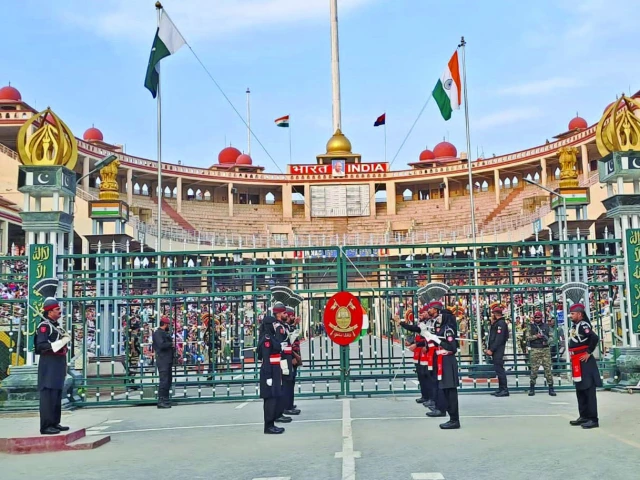In the theatre of international politics, perception is often more powerful than policy. Nations are not merely judged by what they do, but by how effectively they tell the world what they do. In this regard, Pakistan stands at a dangerous crossroads: it is a state that acts, reforms, builds, and negotiates – but speaks with a muted voice in a world driven by narratives.
Pakistan’s Public Relations deficit is not just a diplomatic inconvenience; it is a structural vulnerability. Despite an ongoing wave of policy initiatives – from the Green Pakistan Initiative and the Pakistan Mineral Investment Forum to the Special Investment Facilitation Council (SIFC) – the country continues to be seen through outdated lenses, reduced to a shorthand of security concerns and regional instability.
If a tree falls in a forest and no one is around to hear it, does it make a sound? Pakistan is living this paradox. Reforms may be taking place, but without narrative amplification, they register as little more than background noise to the global audience.
One need not look far to see how other nations actively shape discourse. India, for instance, has mastered the art of diplomatic storytelling. Whether in the form of cultural diplomacy, economic branding, or policy-driven messaging on Kashmir and the Indus Water Treaty, New Delhi’s voice carries. Pakistan’s counter-narrative, in contrast, often arrives too late – if at all. It is not that Islamabad lacks substance; it lacks strategic amplification.
Part of the problem lies in Pakistan’s institutional architecture. Ministries work in silos, embassies struggle with resource constraints, and national messaging is often reactive rather than proactive. The absence of a coordinated strategic communications apparatus means Pakistan is not only unable to counter disinformation – it struggles to own its own story.
The global media landscape, too, does Pakistan no favours. Narratives of economic crisis, political volatility, and security threats dominate headlines. What’s missing is a coherent story of resilience: a country investing in green growth, positioning itself as a regional trade corridor, and attempting genuine institutional reform. These stories exist, but they are not being told by Pakistan – they are being interpreted by others.
In today’s geopolitical terrain, storytelling is statecraft. And like all powerful stories, the narrative must be consistent, credible, and continuous. It is not enough to hold a press conference after a crisis or release a report every fiscal quarter.
Pakistan must build narrative infrastructure – global media engagement teams, rapid response units, diaspora communications networks, and a modernised diplomatic PR strategy that goes beyond press releases.
To bridge this gap, Pakistan can look to models like Ukraine’s post-2022 communications overhaul, or Saudi Arabia’s narrative rebranding through the Centre for International Communication. These are not cosmetic campaigns – they are structural recalibrations of how states project themselves in a competitive world.
The stakes are high. Without narrative sovereignty, Pakistan cedes its image to those who would prefer to define it in terms of its weakest moments. In a region where perception often determines investment, alliances, and leverage, this is not a risk Pakistan can afford.
Building dams, planting forests, and digitising governance are all critical endeavours – but in today’s world, they must be accompanied by a parallel investment: in how those efforts are understood beyond our borders.
Pakistan does not suffer from a shortage of stories. It suffers from a shortage of storytellers.
The writer is an Economics and Finance student, CFC member at Chatham House, former UN Mission intern, and columnist focusing on political reform, international relations, and narrative power in geopolitics.



COMMENTS
Comments are moderated and generally will be posted if they are on-topic and not abusive.
For more information, please see our Comments FAQ